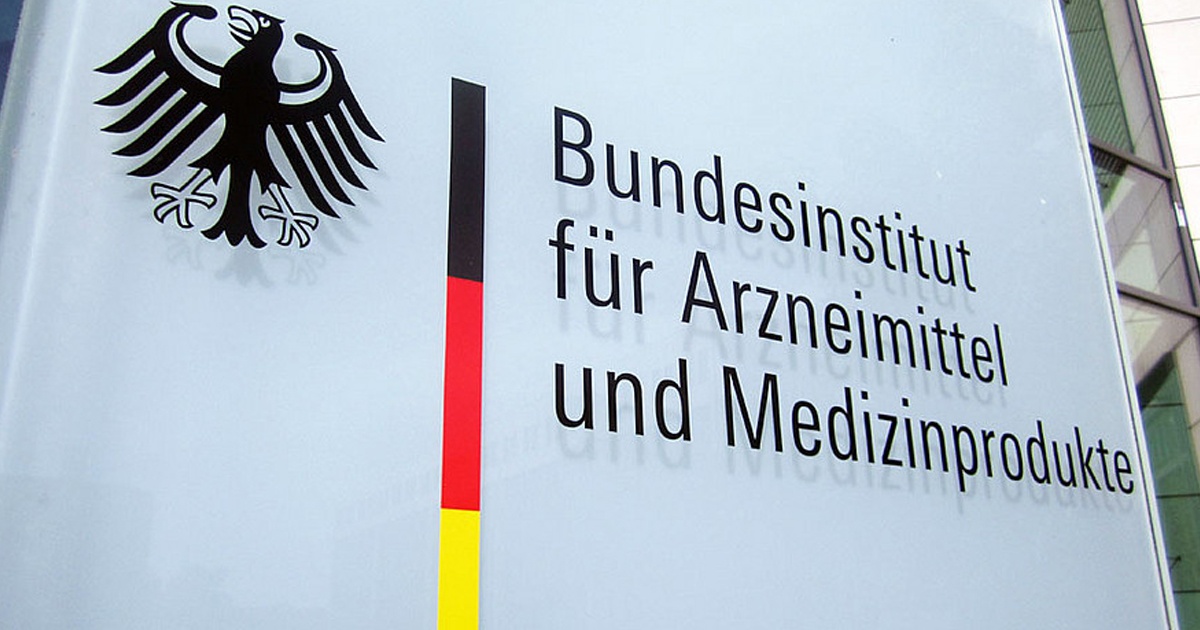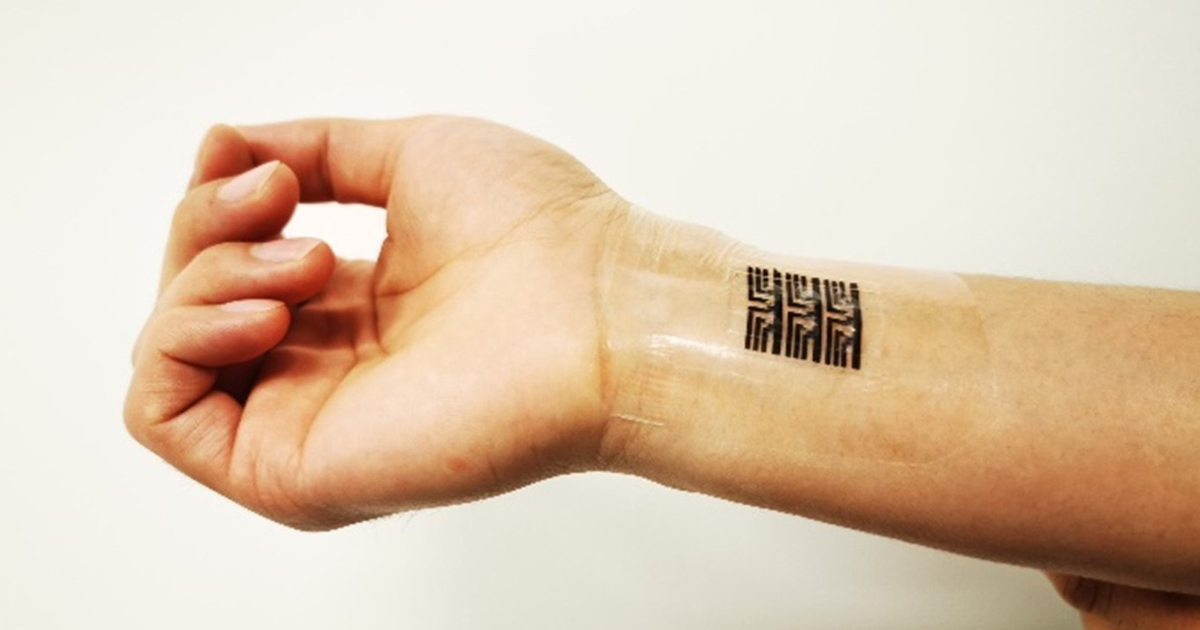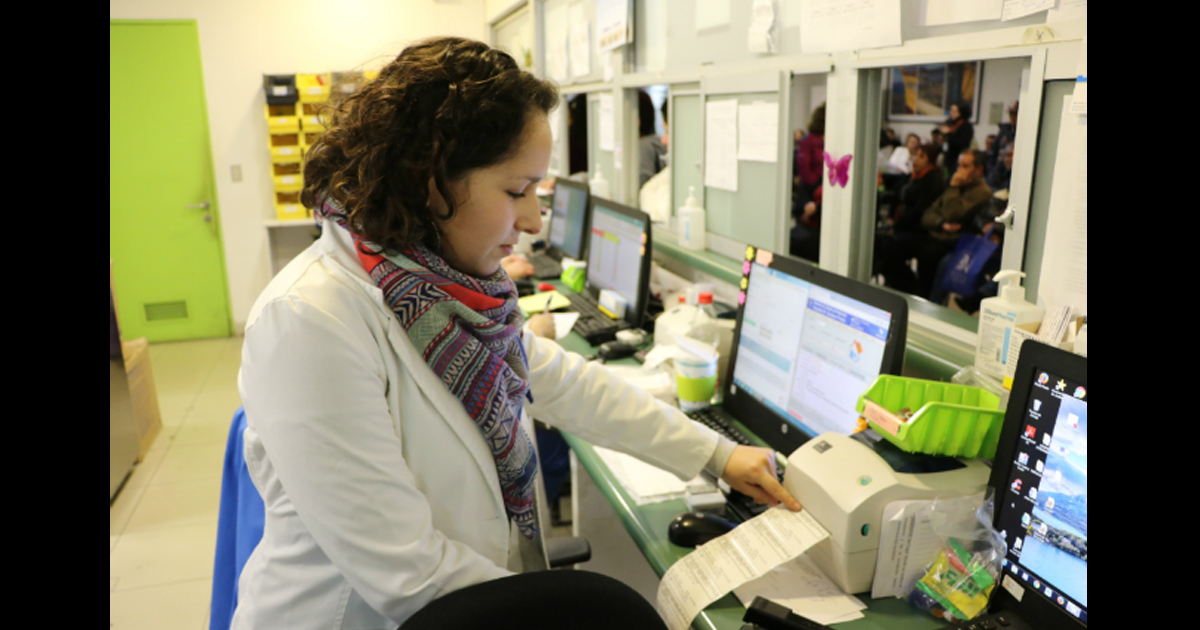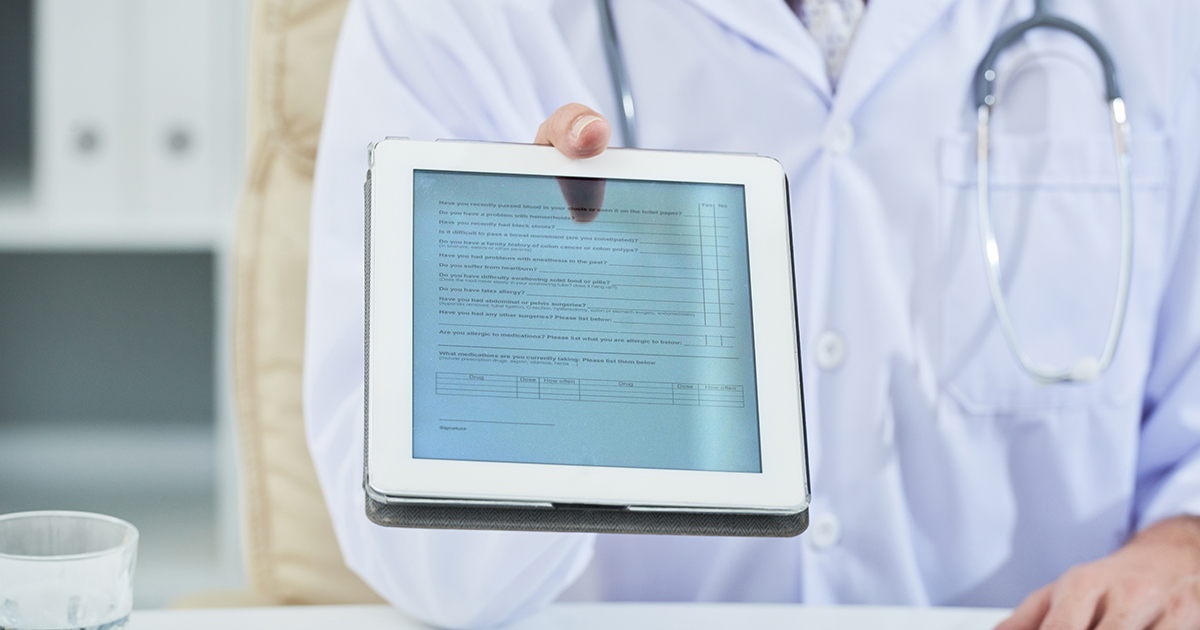The Federal Institute for Drugs and Medical Devices (BfArM), Germany, is the body responsible for regulating digital mobile applications in that country.
Germany has a directory of digital health applications (DiGA in German Digitale Gesundheitsanwendungen). The BfArM is the body that carries out the DiGA procedures for inclusion in this directory.
A DiGA is a medical device that must have the CE marking of European conformity, which considers the following points:
- Its functionality is based on digital technologies.
- The medical purpose is achieved primarily through its digital function.
- Supports the recognition, monitoring, treatment or alleviation of illness, or compensation for injury or disability.
- It is used solely by the patient or is used in collaboration with the patient and the doctor.

In addition, it has a legal basis in the Digital Healthcare Act and the DiGA Ordinance. The first one came into force in December 2019, and it included the issue of medical prescription, which implies that the more than 70 million people insured by German insurance can use a DiGA prescribed by doctors or psychotherapists and the expenses will be cutlery.
The procedures to validate a DiGA are for a maximum period of three months. The evaluation consists of the qualities of the product described by the manufacturer, examination of clinical evidence of a positive effect on medical care, and the protection of user data, as well as interoperability and ease of use.
Manufacturers are provided with a guide on the requirements for the inclusion of innovations in the DiGA directory, in this way they promote comprehensive support to applicants and that the projects to be evaluated meet the requirements from that first instance.
In addition, from the beginning the BfArM provides the evaluation criteria and how the normative specifications will be interpreted according to the laws in force, in this way, they seek transparency in the process.
For Latin American countries, the case of Germany can be taken as one of the examples that exists in the European Union for the regulation and control of mobile medical applications and other devices.
FEDERAL INSTITUTE FOR DRUGS AND MEDICAL DEVICES






